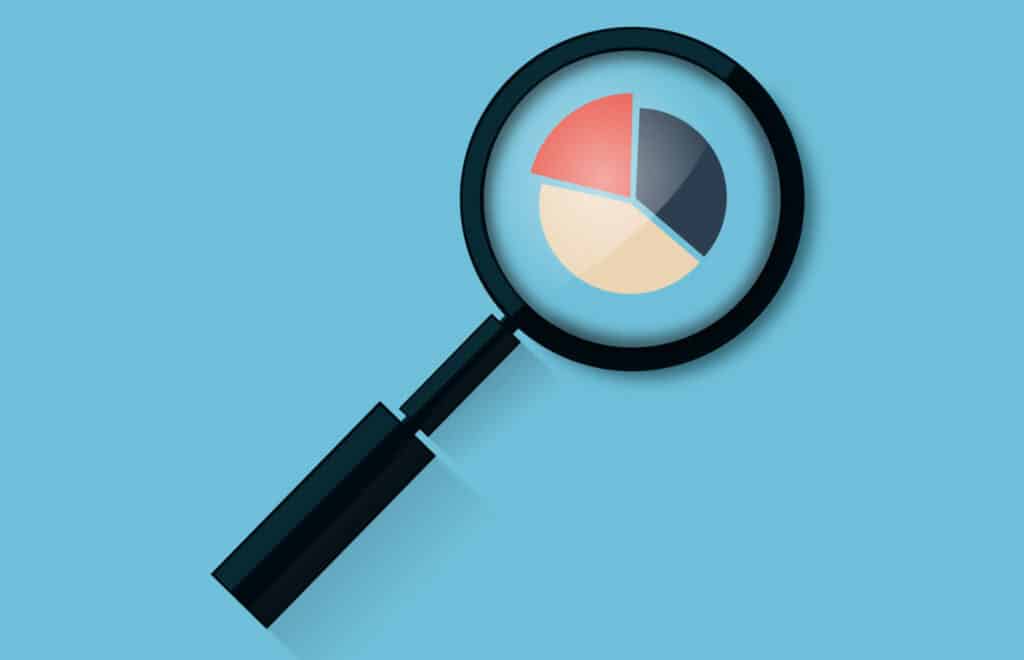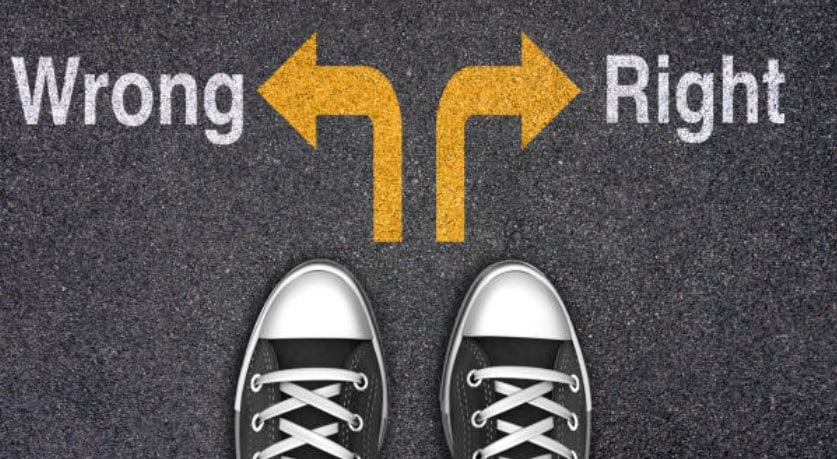How can ethics and Big Data be brought together?
According to McKinsey Global Institute, the global volume of data doubles every three years. This exponential increase is mainly due to the rise of digital platforms, wireless sensors, virtual reality applications and billions of smartphones in circulation. However, in such a flood of data, respect for morality and the human person can find themselves at risk.
So how can we ensure that data ethics prevail in the face of global competition? Should Europeans submit to unfair American and Asian competition on ethical grounds?
Why Big Data?
An individual creates 1.7 Megabytes of data every second (the equivalent of a two-minute song).
According to IDC, $200 billion will be generated by Big Data in 2020. Today, Artificial Intelligence (AI) has taken on a considerable role in the economy. This explains the growing demand for data analysis specialists (Data Analysts, Data Scientists and Data Engineers).
Thanks to their websites and digital marketing initiatives, companies can collect a vast amount of data on their customers and prospects, which is then analyzed by these specialists. The information gathered enables them to identify the strengths and weaknesses of their marketing and sales pitches, and to get to know their customers better in order to personalize the relationship.
A shaken ethic

Faced with this craze created by AI tools, concerns are being felt: the one sparked by the use of data collected by Face App or the scandal of the Cambridge Analytica affair. Two cases that make us worry about maintaining our privacy. Google, Amazon and other American giants have imposed a thundering pace of data collection; our names, phone numbers, photos and IP addresses are in the hands of these groups, threatening our privacy.
This sometimes pushes their European competitors into a corner, and European directives on privacy are struggling to make themselves heard.
The ethical issue of data use is of paramount importance, especially when it comes to medical data, which can end up in free circulation.
There are 4 medical principles that must imperatively be respected: autonomy (which must enable the patient to possess the information essential to true decision-making), beneficence (the use of data must be beneficial to the patient), non-maleficence (processing data with the patient’s consent, without harming him or her) and justice (the healthcare professional must treat every customer with the same level of attention).
The case of the medical datasphere is a delicate one, and one in which healthcare companies should be beyond reproach when it comes to ethics.
Where the USA has no qualms about curtailing individual freedoms for the sake of security (witness the passage of the US Patriot Act on October 26, 2001, allowing prosecutors to detain foreigners indefinitely on suspicion of belonging to a terrorist organization), and the Chinese to set up a system of generalized surveillance to control their population (turning themselves into a Big Brother preventing the worst-rated citizens from taking planes or trains), Europeans owe it to themselves to maintain a certain rigor in terms of respect for their citizens.
The Cambridge Analytica scandal in July 2018 hammered home the point and reinforced Europeans in their idea of regulating companies’ use of data: the entry into force of the RGPD in May 2018 and the various European fines against American giants are formal proof of this.

Effective solutions?
But are these measures really effective?
In terms of sales, the 10 million euros claimed by Italy from Facebook are generated in … 10 minutes of activity! On March 4, 2019, Audrey Azoulay, Director General of UNESCO, sounded the alarm on the dangers of Artificial Intelligence and data harvesting.
Where Eric Schmidt, former CEO of Google (2001-2011), declared: “If there’s something you want everyone to ignore, maybe you should start by avoiding doing it”, Europeans may have no choice but to evolve their own moral standards in order to compete with the American and Asian giants, even if it means losing their competitive edge of impeccable ethics.
Would you like to raise your teams’ awareness of ethical issues and regulations concerning Data? Contact us or consult our Data Science for managers offer!










